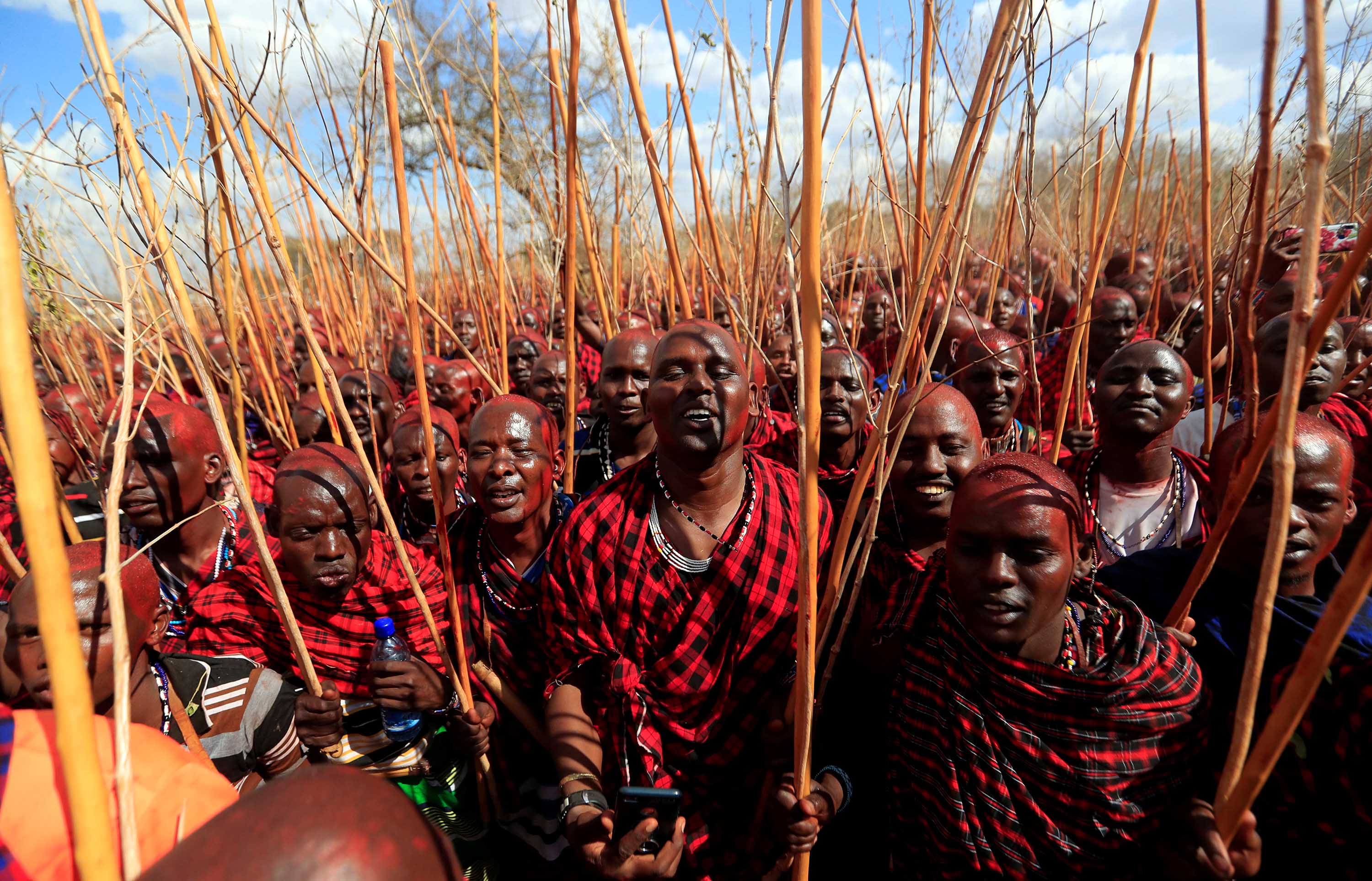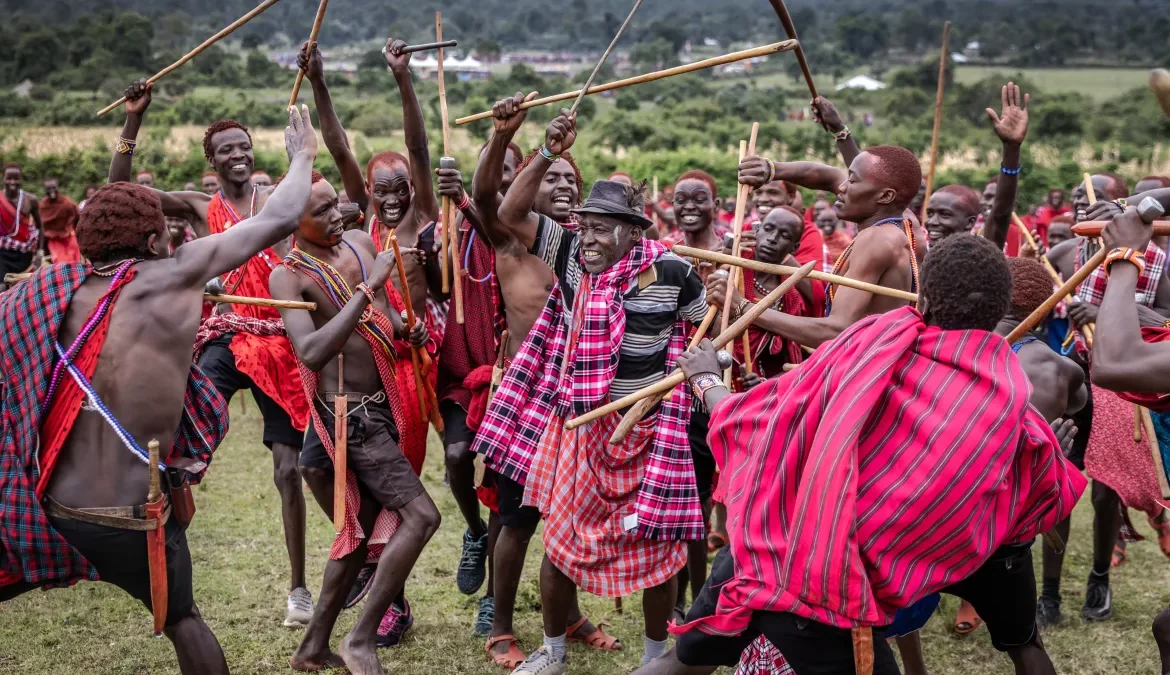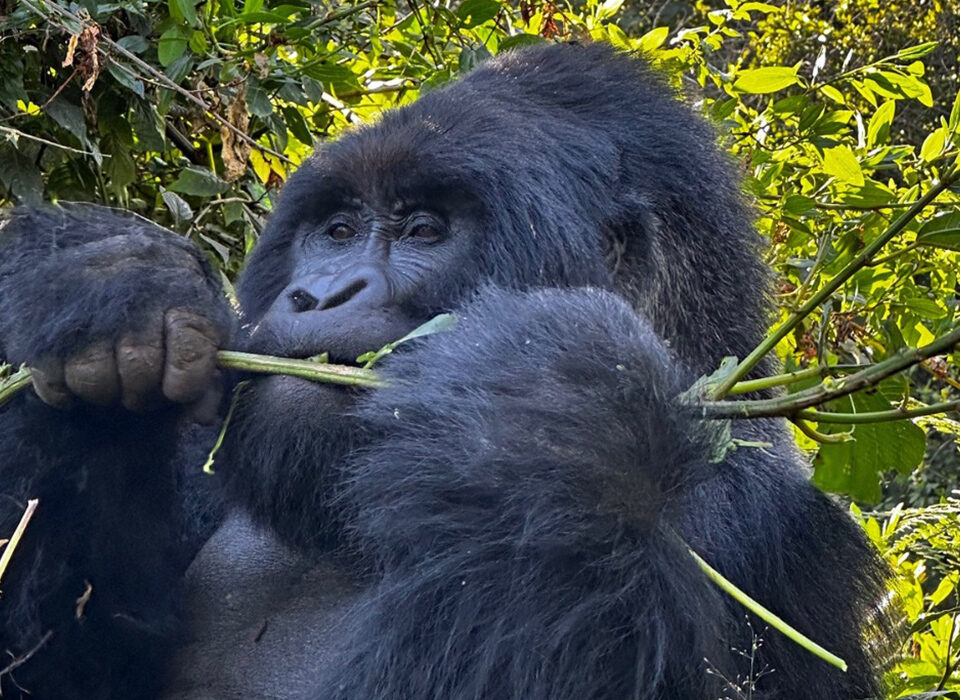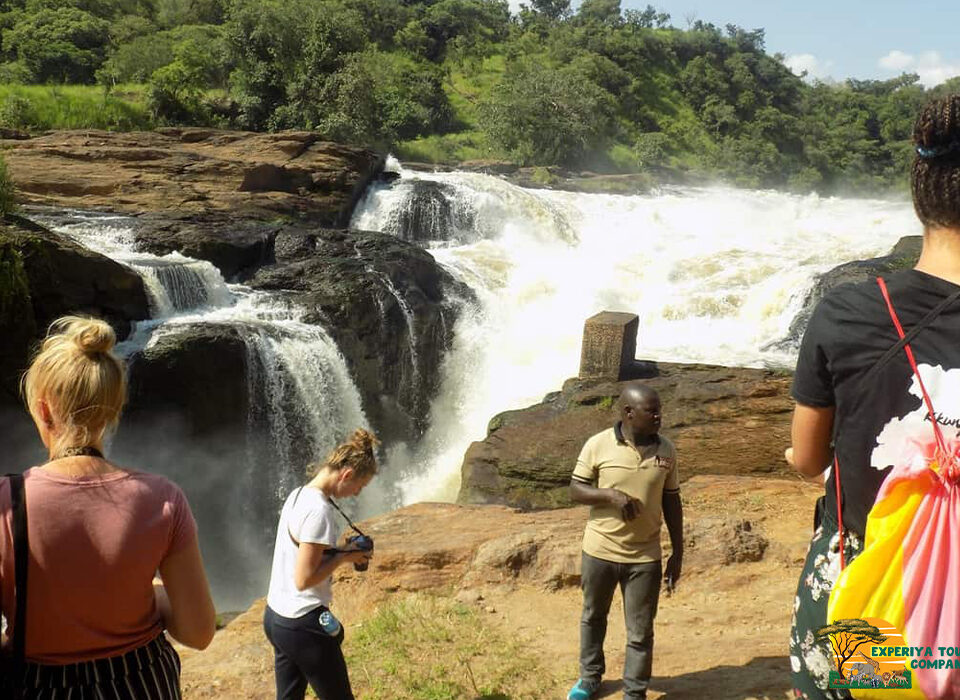
What’s chai culture like in Kenya?
November 20, 2025
How do Kenyans celebrate national holidays?
November 20, 2025Can I Attend a Maasai Ceremony?
The Maasai are one of East Africa’s most well-known and culturally distinctive communities, famous for their vibrant traditions, striking attire, warrior history, and deep connection to the land. For many travelers visiting Kenya, experiencing Maasai culture firsthand is a dream—an opportunity to witness traditions that have been passed down through generations. Naturally, a common question arises: Can I attend a Maasai ceremony? The answer is yes, but with important context, respect, and the right approach.
Maasai ceremonies are not simply performances or tourist attractions. They are spiritual, communal, and deeply meaningful events that mark critical milestones in Maasai life—from childhood to adulthood, marriage to elderhood, and even sacred rites tied to cattle, blessings, and the community’s relationship with nature. These ceremonies are rich in symbolism, color, music, and ritual. They provide a window into the heart of Maasai identity. However, attending them requires careful cultural sensitivity and should always be arranged through the right channels to ensure authenticity and respect.
Understanding Maasai Culture Before Attending a Ceremony
To appreciate a Maasai ceremony fully, it is important to understand the foundations of Maasai culture. The Maasai live primarily in southern Kenya and northern Tanzania and have maintained much of their traditional lifestyle despite rapid modernization. Their culture is built upon values such as bravery, communal cohesion, cattle herding, respect for elders, and spiritual connection with the land.
Maasai society is organized into age sets and clans, each with defined roles and responsibilities. Their ceremonies are milestones that guide individuals through life’s most important transitions. Before attending any ceremony, travelers must understand that these rituals are sacred, personal, and central to Maasai identity. Respect for the traditions, elders, and community members is essential.
Types of Maasai Ceremonies Travelers May Be Able to Attend
While some Maasai ceremonies are private and reserved only for community members, others can be attended by visitors—usually through organized cultural programs or invitations facilitated by trusted guides. Below are the key ceremonies travelers sometimes have the opportunity to experience.
Eunoto Ceremony (Warrior Transition)
Eunoto is one of the most fascinating ceremonies in Maasai culture. It marks the transition of morans (young warriors) into junior elderhood. Traditionally, this ceremony involves:
Several days of communal celebrations
Beadwork, dancing, and singing
Blessings by elders
Ritual shaving of warriors’ long ochred hair
Cultural feasts
This ceremony is elaborate and deeply important. While it is not always open to the public, some communities allow visitors to observe it through organized arrangements—particularly if the visitors are accompanied by a knowledgeable local guide or cultural liaison.
Enkipaata (Boys’ Induction Ceremony)
This ceremony introduces young boys into the moran (warrior) age group. It involves preparation rituals, blessings, traditional songs, and guidance from elders and older warriors. Enkipaata is culturally significant because it marks the beginning of the boys’ life journey within the Maasai social structure.
Some aspects of this ceremony may be open to respectful visitors through cultural programs, but others are private. Proper guidance is essential.
Emuratta (Circumcision Ceremony)
This ceremony marks the initiation of boys into manhood. While it is one of the most important ceremonies in Maasai culture, it is generally considered private and sacred. Visitors cannot attend the actual circumcision ritual, but they may be invited to witness pre- or post-ritual festivities, dancing, and community gatherings if arranged respectfully.
Wedding Ceremonies (Enkishon)
Maasai weddings are colorful, joyful, and filled with traditional dance, song, and symbolic rituals. These ceremonies typically involve:
Bride adornment with elaborate beadwork
Traditional songs by women
Blessing rituals from elders
Ceremonial milk offerings
Dancing and jumping celebrations
Wedding ceremonies tend to be more accessible to visitors, especially if arranged through cultural programs or if the couple welcomes guests. This is one of the most fascinating Maasai ceremonies that travelers may be able to attend.
Traditional Dance and Cultural Gatherings
While not formal ceremonies, dance events such as the iconic “adumu” (the Maasai jumping dance) are often performed for educational and cultural purposes. Travelers can attend these performances easily when visiting Maasai villages through curated tours.
These gatherings offer:
Storytelling
Beadwork displays
Song and call-and-response chanting
Insights into warrior traditions
Interaction with local families
They offer an immersive, interactive, and respectful way to learn about Maasai life.
 Why Authenticity Matters When Attending Maasai Ceremonies
Why Authenticity Matters When Attending Maasai Ceremonies
With tourism increasing in Maasai regions, some experiences have become commercialized or staged. While cultural performances can be informative and enjoyable, travelers seeking authentic ceremony experiences should ensure:
The visit is arranged by a reputable organization
The community directly benefits
The ceremony is not being misrepresented
Proper respect is shown to elders and participants
Authentic Maasai cultural experiences are not rushed. They involve genuine interaction, storytelling, and learning from the community.
Etiquette and Respect: How to Behave During a Maasai Ceremony
Travelers attending a Maasai ceremony must follow cultural etiquette to show respect. This includes:
Seeking permission before taking photos
Always ask elders or community leaders before filming or photographing rituals.
Dressing modestly
Long skirts or trousers and conservative tops show respect.
Avoiding intrusive behavior
Do not interrupt rituals, enter sacred spaces, or touch ceremonial objects unless invited.
Listening carefully
Let elders, warriors, or guides explain the rituals.
Offering respect to sacred moments
Silence or stillness may be required during blessings or prayers.
Contributing respectfully
Small community contributions or purchasing beadwork directly supports local families.
Respectful participation fosters genuine connection and enriches the experience.
Where Can Travelers Attend Maasai Ceremonies?
Maasai communities live throughout Kenya, but certain regions are more open to hosting cultural experiences for visitors.
Maasai Mara Region
Many Maasai villages near the Maasai Mara offer cultural village visits and opportunities to observe ceremonies with prior arrangement.
Amboseli and Loitoktok
Home to deeply traditional Maasai communities, Amboseli offers authentic experiences, especially with knowledgeable guides.
Ngong Hills and Kajiado
Close to Nairobi, this region has villages that welcome visitors for educational and cultural experiences.
Laikipia
Maasai communities living near wildlife conservancies offer some of the most immersive cultural experiences, often tied to conservation programs.
Samburu (related but distinct culture)
While Samburu are culturally close to the Maasai, their ceremonies differ. Travelers must understand the distinction, as these are separate ethnic groups.
What Travelers Gain by Attending a Maasai Ceremony
Attending a Maasai ceremony is a transformative cultural experience. Travelers often describe it as:
Eye-opening
Emotionally moving
Educational
Spiritually uplifting
Visitors walk away with:
A deeper appreciation for Maasai traditions
A better understanding of Kenyan cultural diversity
Memories filled with color, rhythm, and meaning
A connection to the community that lasts long after the journey ends
Ceremony attendance becomes a powerful reminder of Kenya’s cultural richness and the beauty of traditional life.
Is It Ethical to Attend Maasai Ceremonies?
Yes—when done respectfully, ethically, and with community participation. It becomes unethical only when:
Ceremonies are staged without community involvement
Visitors impose on private sacred rituals
Photography is done without permission
Tourism overshadows cultural meaning
Using a responsible tour operator ensures that cultural tourism benefits the Maasai and preserves traditions rather than exploiting them.
So, Can You Attend a Maasai Ceremony?
Yes—travelers can attend certain Maasai ceremonies, especially weddings, cultural dances, warrior gatherings, and community celebrations. Some sacred rites remain private, but guests can observe surrounding festivities if respectfully invited. The key is to approach the experience with humility, cultural sensitivity, and through a reputable tour operator to ensure authenticity and respect.
Experience Maasai Culture With Experiya Tour Company
To attend Maasai ceremonies ethically and meaningfully, travel with cultural experts who understand local customs and traditions. Experiya Tour Company arranges authentic Maasai cultural experiences, including community visits, ceremonial observations, storytelling sessions, and immersive cultural tours. Their local guides ensure that you participate respectfully, learn deeply, and support Maasai communities directly. For a memorable, respectful, and culturally rich connection with the Maasai people, book your experience with Experiya Tour Company.




